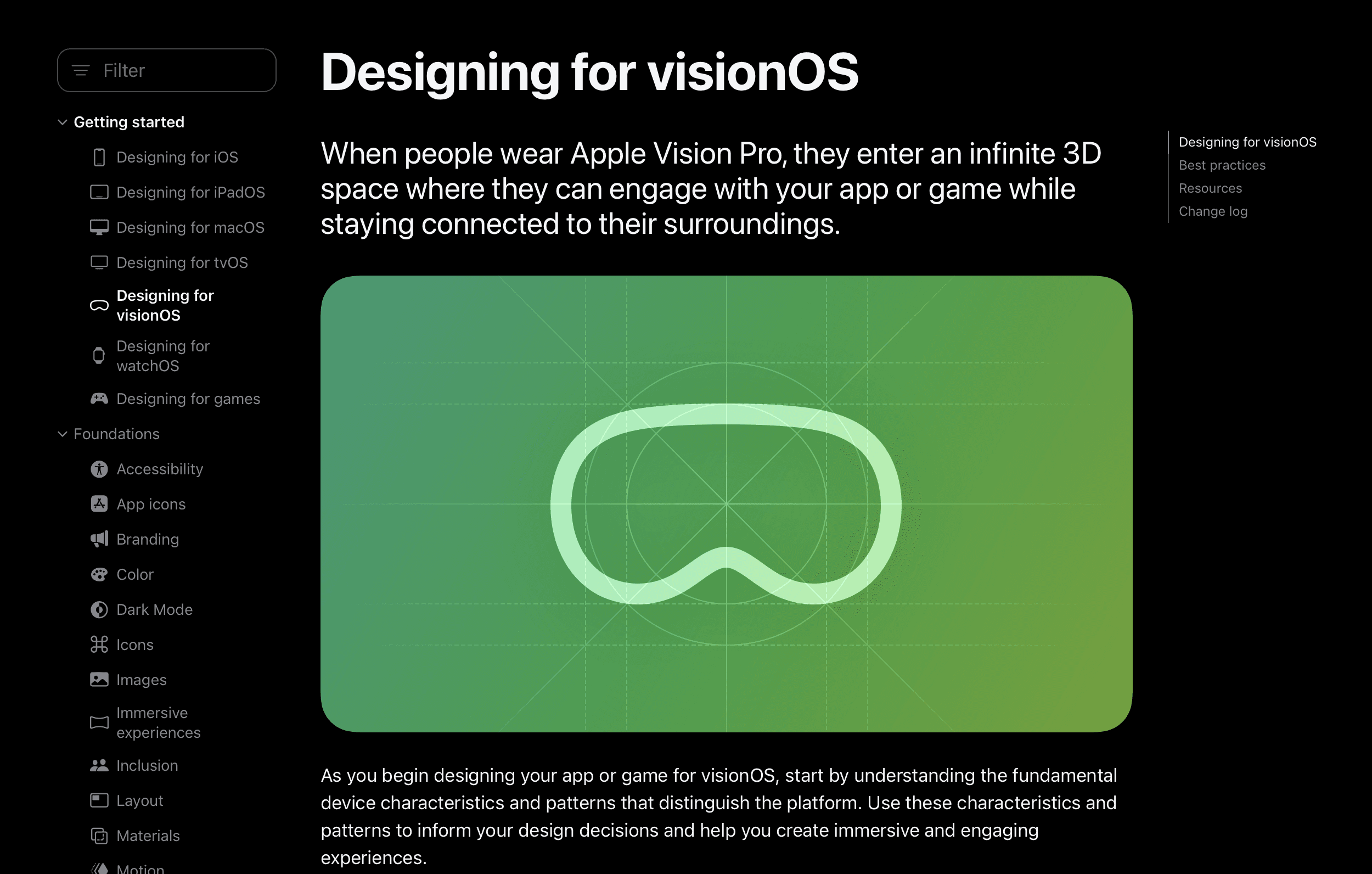VR/AR Shopping Experience
Project
Conceptual Case Study
My Role
UX/UI Designer
Tools
Figma Framer
Timeline
2024
Description
The Amazon Vision Project integrates Amazon Alexa's smart shopping capabilities with Apple Vision Pro’s advanced AR/VR technology, creating a revolutionary shopping experience that combines voice commands with immersive visual interactions.
Context
This project would allow users to browse, compare, and purchase products using voice and gesture controls while receiving detailed visual feedback, enhancing decision-making with product comparisons, reviews, and visual payment confirmations. By merging Amazon’s robust e-commerce platform with Apple’s cutting-edge design, the Amazon Vision Project delivers a seamless, intuitive, and engaging experience.
Challenge
To bridge the gap between Amazon's voice-driven shopping experience and Apple Vision Pro's immersive AR/VR capabilities, addressing issues such as voice recognition errors, unintended orders, lack of detailed product information, and limited user control. The goal was to create a seamless and intuitive system that combines visual feedback with voice commands, providing users with a more accurate, informed, and engaging shopping experience while maintaining simplicity and usability.
Process
The design process began with user research and the creation of detailed personas to understand the target audience's needs and pain points. This was followed by analysing Apple’s Human Interface Guidelines and Amazon’s design system to ensure consistency and usability. Wireframes were developed to explore layouts and interactions, incorporating feedback at each stage to refine the design. Prototypes were then created to test the integration of voice commands and visual interactions, focusing on addressing user frustrations like voice recognition errors and unintended orders. The iterative process ensured a user-friendly, minimalistic, and precise final design.
Outcome
The final design addresses all user pain points, offering a user-friendly, precise, and innovative solution that redefines digital shopping while maintaining simplicity and efficiency.


